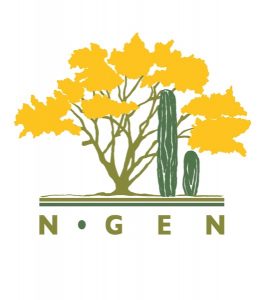Trace Lane
| Disciplines | |
|---|---|
| Regions | |
| lanet19@students.ecu.edu | |
| About | Desert and coastal landscapes are being transformed as a result of climate change and resource extraction. Many of these landscapes are not only home to crucial ecosystems, but also to irreplaceable geographies of cultural heritage. As impacts of climate change alter the physical landscape of coastal and desert areas, the overlapping cultural geographies are also transfigured, or even destroyed.Cultural heritage, human rights, social justice, and climate change are intricately enmeshed. This deep entanglement becomes particularly complex for peoples of indigenous descent whose cultural identities are intimately connected to landscapes located in climate impact zones or are targeted by the extractive industry. This complexity is compounded if cultural ties to a specific site are understood mostly through experiential, pluralistic forms of knowledge, or documented primarily through the sharing of oral histories among community members. In these cases, the destruction of landscapes can arguably be considered a loss of access to marine cultural heritage, a cultural trauma, or even cultural dispossession. In this way, the impacts of climate change and resource extraction are reconfiguring identity, threatening not only coastal marine species but also human cultures. |


